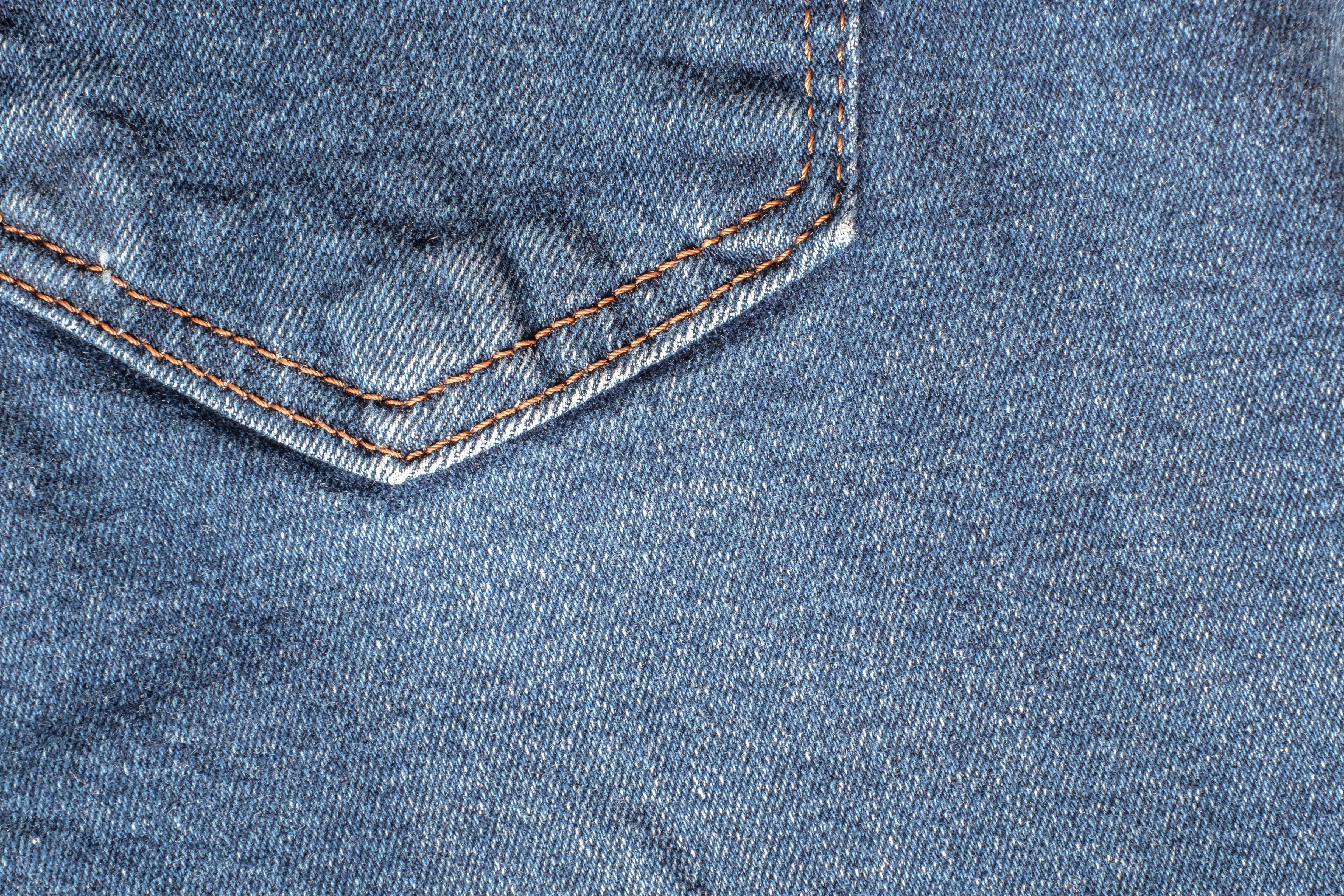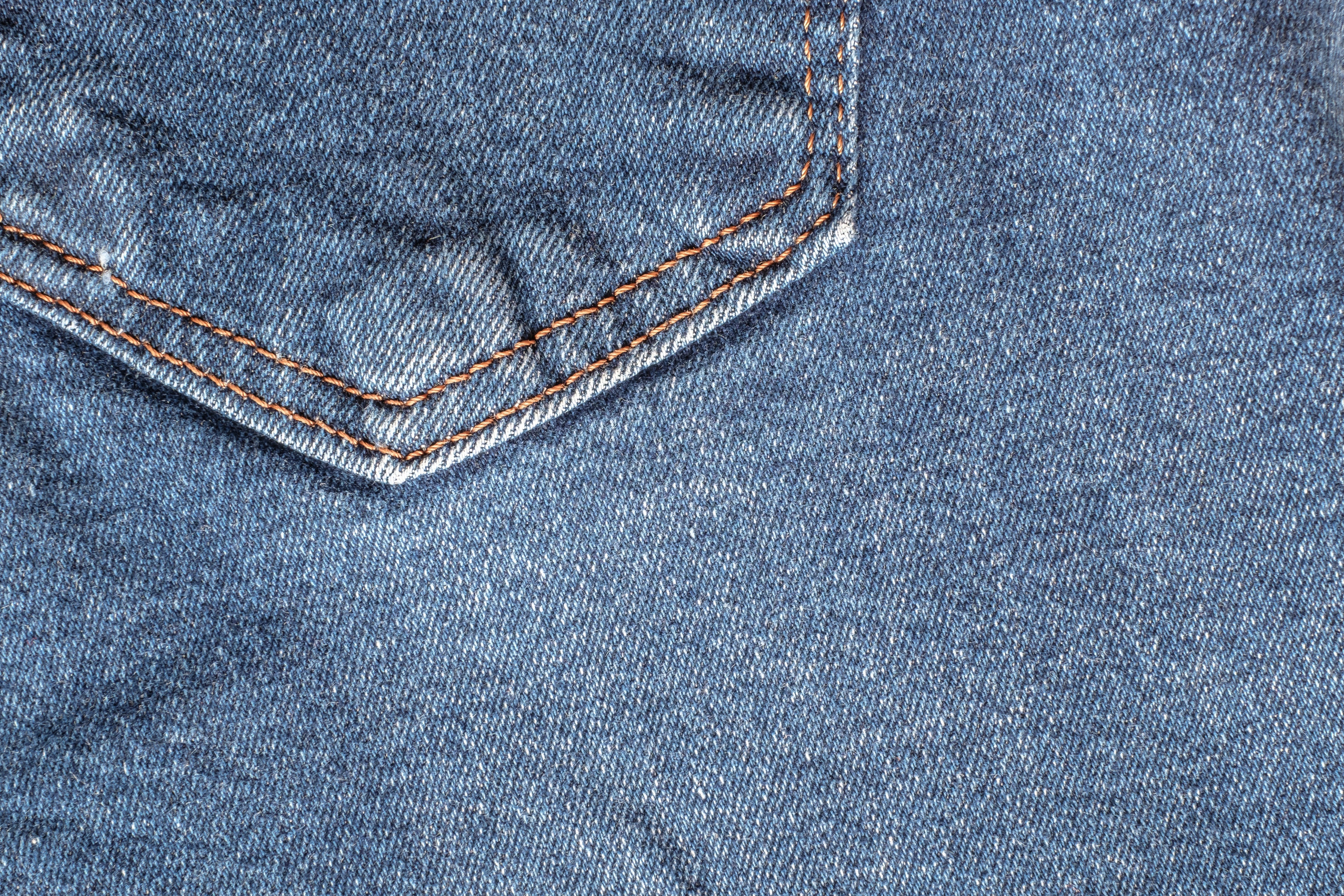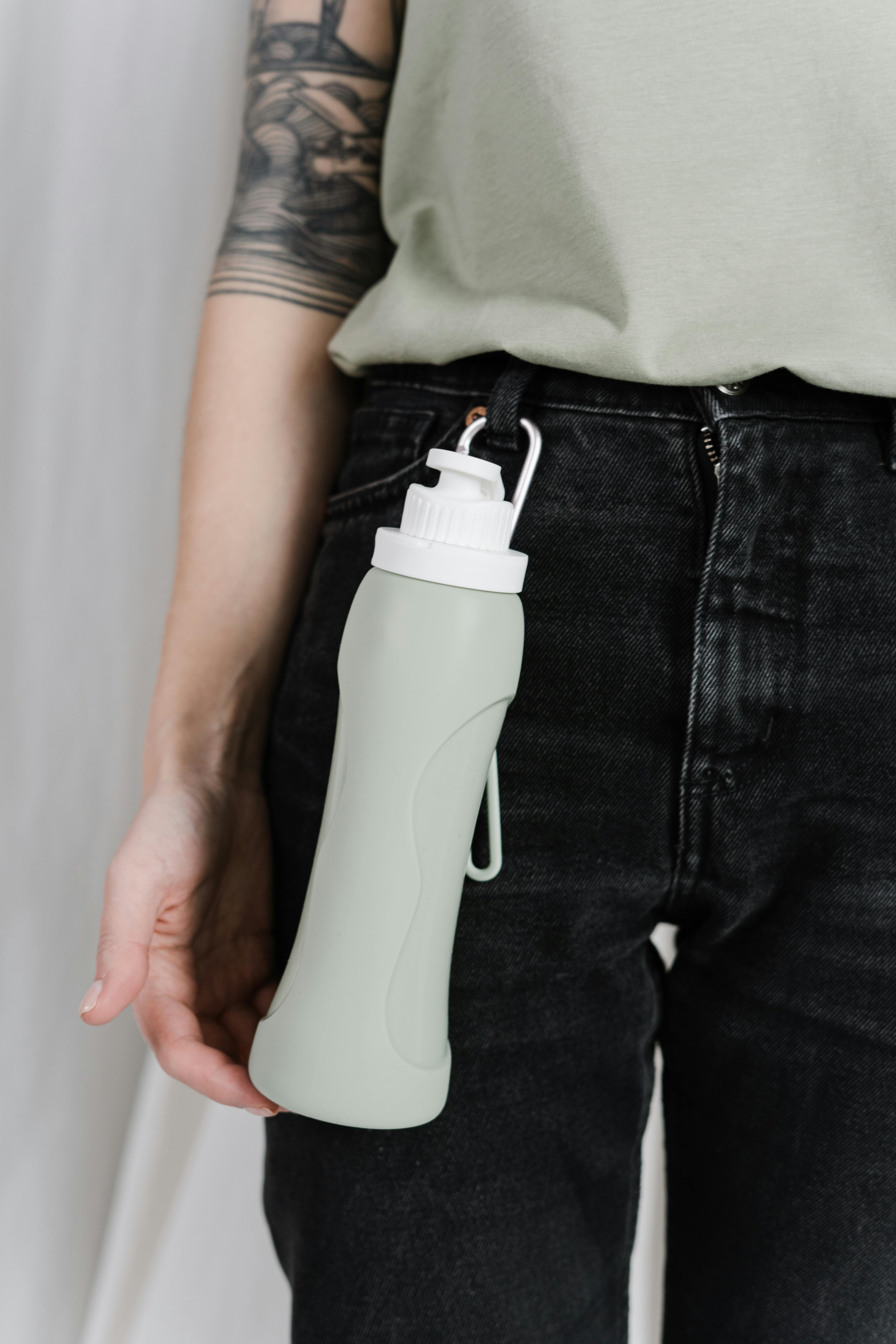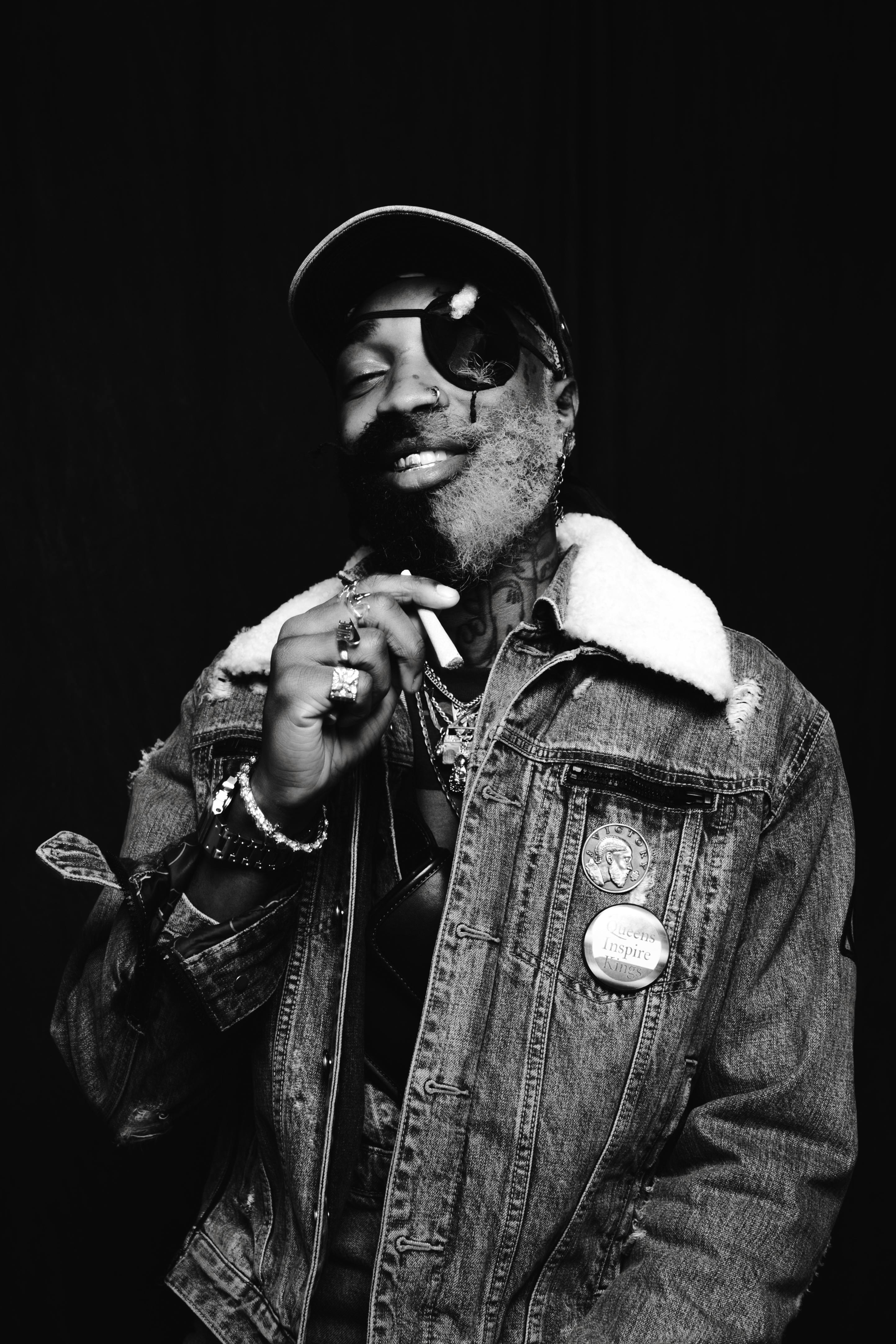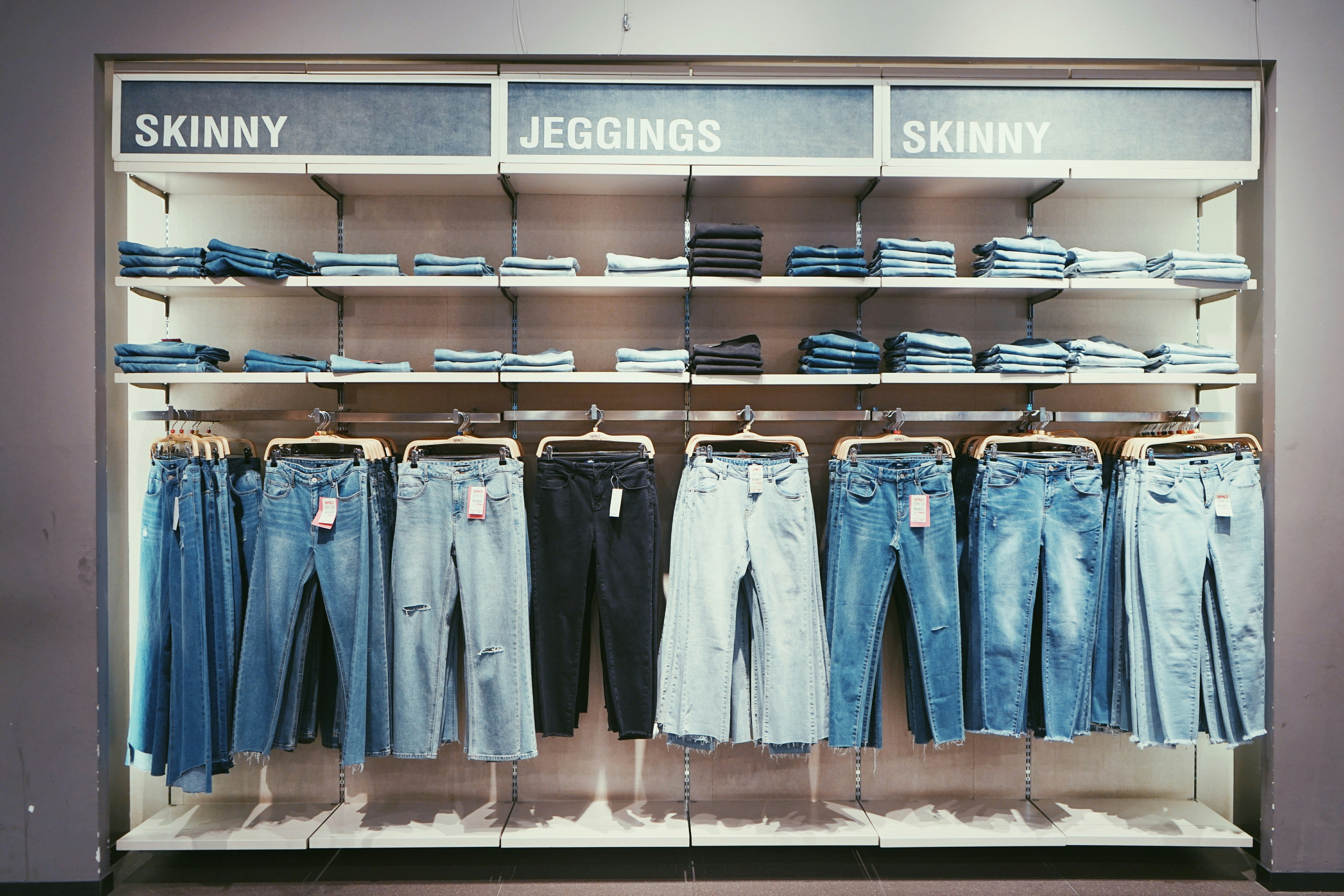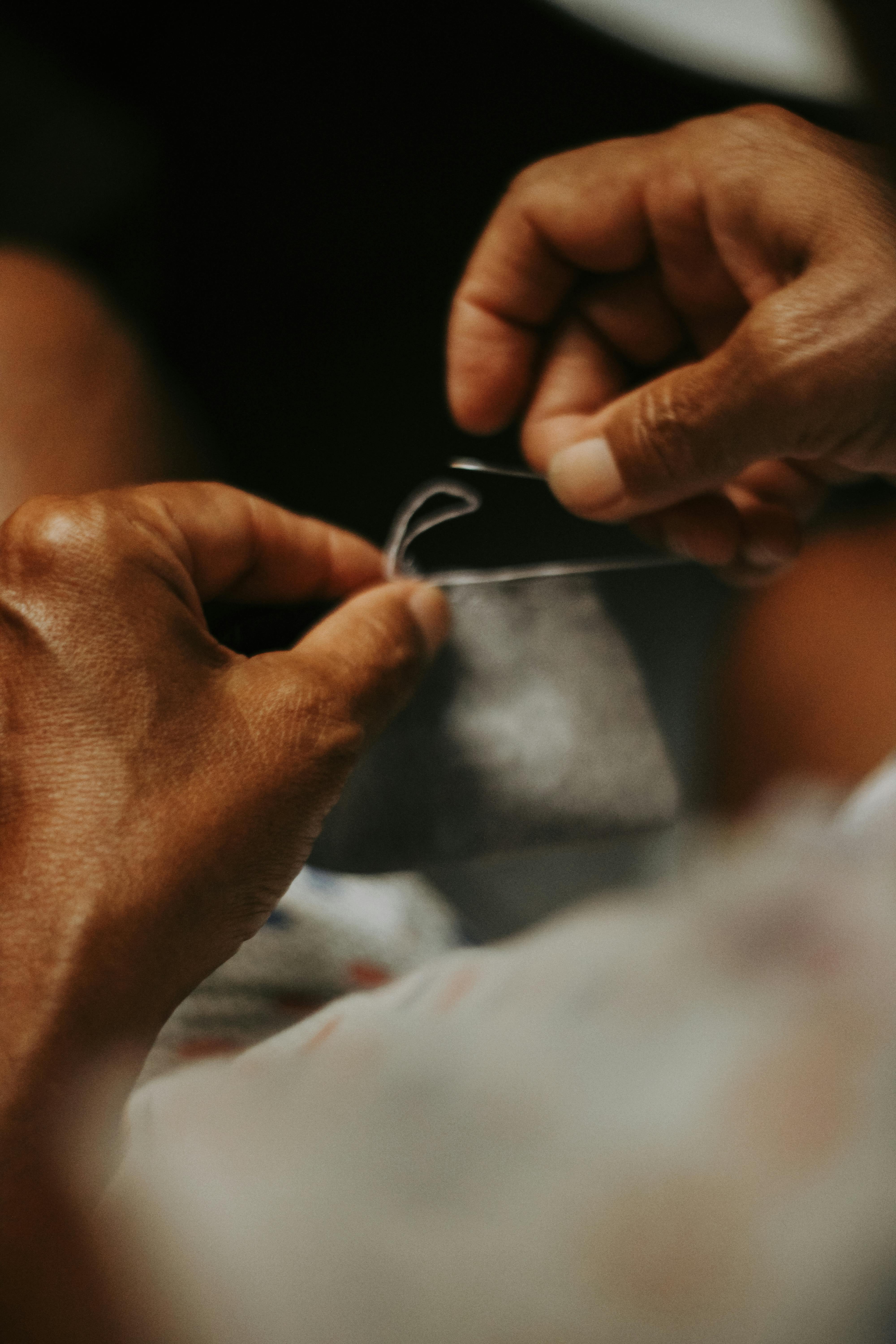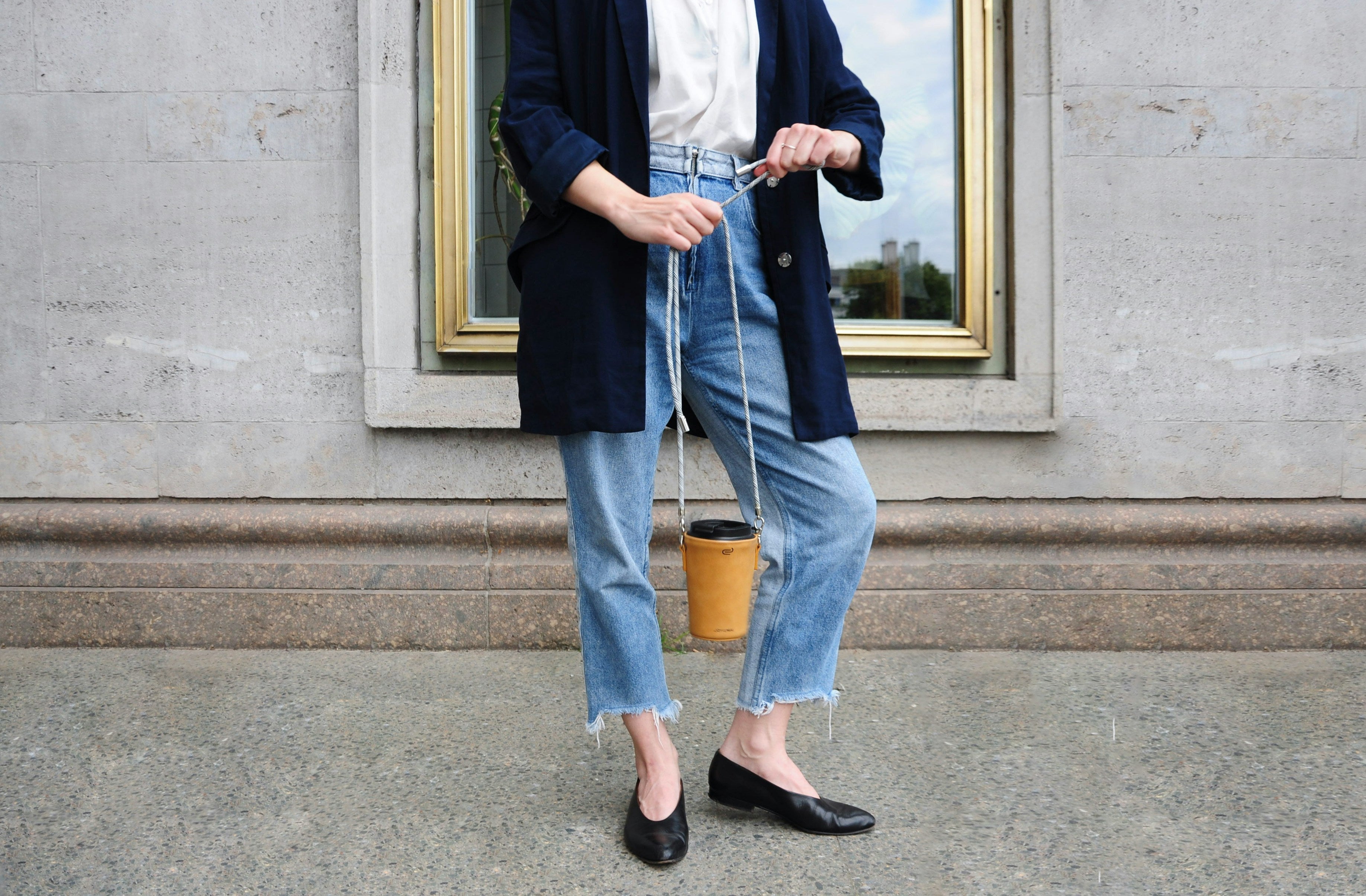
The Rise of Vegan Denim - Why Ethical Jeans Are More Than a Trend?
The denim industry is changing. Not just in style or fit but in its core values. Consumers are asking harder questions: What’s in my jeans? Who made them? Were animals harmed in the process?
That’s where vegan denim steps in offering a clean break from traditional animal-based materials and aligning with a growing movement toward sustainable fashion and ethical consumerism.
This blog explores everything you need to know about vegan denim: what it is, why it matters, and how it’s shaping the future of fashion.
What is Vegan Denim?
Vegan denim refers to denim products that are completely free from animal-derived materials. While the fabric itself usually cotton or a cotton blend is already plant-based, many traditional jeans include components like:
-
Leather patches (usually on the waistband)
-
Beeswax-coated threads
-
Animal-based dyes or glues
In vegan denim, these are replaced with cruelty-free alternatives. For example, leather patches are substituted with Jacron (a washable paper-like material), cork, or recycled synthetics. The final product looks and feels like traditional jeans but supports a cruelty-free and environmentally-conscious lifestyle.
Why is Vegan Denim Gaining Popularity?
The demand for vegan denim isn’t a passing trend—it’s rooted in a larger cultural and ethical shift. Here's why it’s gaining traction:
1. Rising Awareness of Animal Welfare
Modern consumers are increasingly uncomfortable with animal exploitation in any form. As awareness spreads, particularly through social media and advocacy campaigns, people are actively seeking cruelty-free alternatives in everyday fashion.
2. Environmental Responsibility
The leather industry is a heavy polluter—contributing to deforestation, water contamination, and greenhouse gas emissions. Vegan denim, especially when combined with organic cotton or recycled fibers, presents a significantly lower environmental footprint.
3. Impact of COVID-19 and Plant-Based Movements
The pandemic highlighted the risks of animal-based supply chains and encouraged more plant-based, health-conscious lifestyles. Fashion followed suit. Movements like Veganuary and the rise of sustainable fashion influencers accelerated the adoption of animal-free clothing.
Materials Used in Vegan Denim
Vegan denim is as much about innovation as it is about ethics. Here's a breakdown of the materials replacing animal-based components:
-
Jacron: A durable, paper-based leather alternative often used for back patches.
-
Cork leather: Naturally harvested from cork oak trees, flexible and biodegradable.
-
Piñatex: Made from pineapple leaf fibers; used in some experimental denim lines.
-
Mycelium leather: Derived from mushroom roots; lightweight and sustainable.
-
Recycled polyester and organic cotton: Replace conventional cotton and synthetic blends.
These materials prove that cruelty-free doesn’t mean compromise. In fact, many of them outperform traditional materials in durability and eco-impact.
Brands Leading the Vegan Denim Movement
A number of brands are making vegan denim part of their identity or integrating it into existing lines:
1. Nudie Jeans
Swedish brand known for transparency and sustainability. Most jeans are made with organic cotton and come with Jacron patches.
2. AG Jeans
AG introduced vegan leather patches and committed to reducing water waste and carbon footprint.
3. Boyish Jeans
A 100% vegan brand using recycled and plant-based materials, including hang tags and dyes.
4. Stella McCartney
A pioneer in vegan fashion, offering high-end denim with no animal-derived components.
5. Levi's
While not fully vegan, Levi’s is experimenting with animal-free materials in certain collections and highlighting transparency in their sourcing.
Why Vegan Denim Matters
Vegan denim isn’t just about avoiding animal products it reflects a systemic shift in how we think about consumption:
-
Environmental Impact: Lower resource usage, reduced emissions, and less waste.
-
Ethical Manufacturing: Many vegan denim brands also prioritize fair labor practices.
-
Consumer Empowerment: Choosing vegan denim is a way to align personal values with daily purchases.
How to Identify Vegan Denim as a Consumer
Buying vegan denim isn’t difficult if you know what to look for. Here's a quick guide:
-
Check the Patch: Leather patches are the most obvious animal-derived component. Look for tags made from Jacron, cork, or fabric.
-
Read the Labels: Look for certifications like PETA-Approved Vegan, GOTS, or OEKO-TEX.
-
Explore the Brand’s Ethos: Ethical and sustainable brands usually disclose their materials and manufacturing processes.
-
Ask Questions: Don’t hesitate to contact the brand for clarification.
The Future of Vegan Denim
The trajectory is clear vegan denim is no longer niche. As technology advances and consumer expectations evolve, mainstream adoption is accelerating. Even luxury and legacy brands are making the shift. The future belongs to brands that can innovate responsibly and vegan denim sits right at that intersection.
Conscious Style Without Compromise
Vegan denim represents more than a material choice it’s a reflection of a conscious, informed lifestyle. It’s fashion without harm. Style without sacrifice. And for consumers seeking eco-friendly jeans and cruelty-free fashion, it’s the new standard.
Whether you’re browsing for your next pair of jeans or rethinking your wardrobe, vegan denim offers a compelling alternative that meets the moment.
Explore ethically made vegan jeans at BeJeans.com and take a step towards smarter, kinder fashion.

